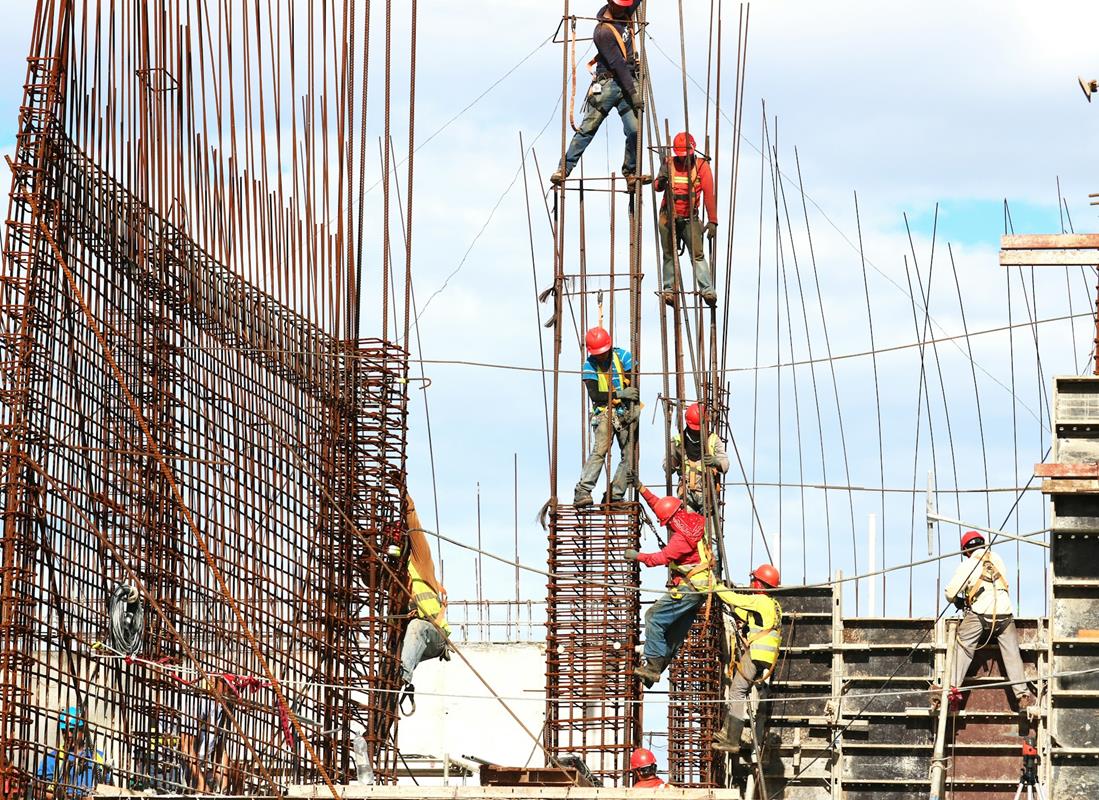Change language:
Foreign workers in Hungary’s construction sector: Working without permits in chaotic conditions?
Despite significant investments flooding into Hungary’s construction sector, local companies are facing challenges. Foreign investors are not only bringing their own general contractors and subcontractors but also importing foreign workers and raw materials from their home countries. This situation raises concerns about the legality of employment for many foreign workers in the country.
According to Zoltán László, vice president of the Vasas Trade Union, one of Hungary’s largest federations representing workers in heavy, mechanical, and automotive industries, some construction projects have been halted due to shortages of raw materials from China. These companies have been unable to source these materials locally, and inspections of these practices have been notably infrequent, as reported by 24.hu.
He also highlighted that some foreign workers are entering Hungary without proper permits and working under conditions that may not comply with legal standards, particularly on large projects funded by Asian investors. László has observed that construction sites with large, guarded container cities often house workers who appear to be in the country illegally. Despite his attempts to gather information from local labour authorities regarding these workers, he has not received satisfactory responses.
This pattern suggests that such practices might be widespread. Although the trade union has limited direct contact with these foreign workers and management is not forthcoming with details, László is confident that the employment of these workers is not legally compliant.
The legal method for transferring workers within a company group across international borders is through an intra-corporate transfer permit. This permit allows third-country nationals to work in Hungary under specific conditions if they have an employment contract with the foreign company and are paid by it. This procedure is commonly used to transfer skilled or tertiary-educated workers to Europe, ensuring that their roles match their qualifications. Experts confirm that this process has a solid legal foundation.
Issues with imported materials and permits of foreign workers?

Moreover, many foreign companies import all their raw materials from their home countries, such as China. For instance, some projects have experienced delays because companies could not source certain materials locally and had to wait for imports. This practice continues despite the resulting inefficiencies and higher costs.
The rationale behind using exclusively foreign equipment and materials appears to be driven by internal company policies, possibly to repatriate funds. This often leads to work stoppages and inefficiencies but is aligned with the companies’ rules, as noted by the expert.
The influx of foreign investment into Hungary’s construction sector has brought about significant challenges, including questionable labour practices and a reliance on imported materials. While the legal framework for intra-corporate transfers exists, its enforcement and application remain concerns for local workers and authorities alike.
Read also:







